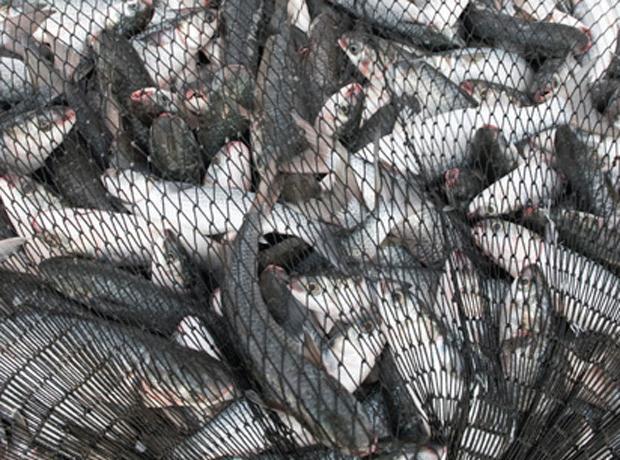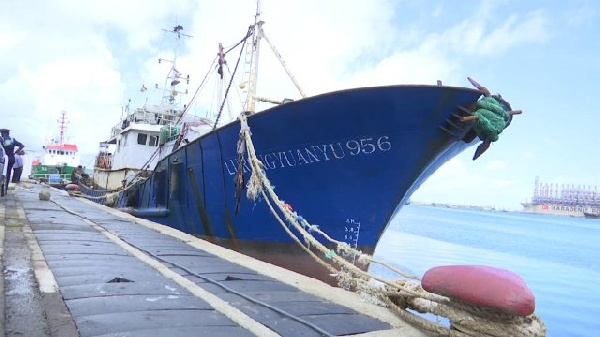A culprit caught for illegal fishes on two different occasions and failing to pay the fine required has been re-licensed to fish in Ghana.
The culprit which is a Chinese-owned fishing trawler, Lu Rong Yuan Yu 956, was arrested on Ghanaian waters in June 2019 for possessing illegal nets and underdeveloped ‘small pelagic’ fish on board. It was fined an amount of US$ 1 million but the vessel owners failed to pay.
Speaking on the issue, the Executive Director of the Environmental Justice Foundation, Steve Trent emphasized that this is a grave crime that has long-term consequences on the country’s economy.
“It is vital that all parties remember that this Chinese trawler was fishing illegally in Ghana’s waters, stealing from its people and damaging its environment. These are serious crimes that are causing long-term damage to Ghana, its economy and its people.”
Often than not, majority of cases are settled out of court. Yet, while fines imposed should be no less than the statutory minimum, in practice, they are often lower than the minimum, and in some cases, such as the present, go unpaid.
Mr. Trent suggests that should the Lu Rong Yuan Yu 956 case be heard out of court, it should be published on the website of the Ministry of Fisheries and Aquaculture Development.
“So, when this case is heard by the out-of-court settlement committee it is vital that the fines imposed meet at least the statutory minimum. The outcome of the committee must also be registered formally with the court, so that it can be fully enforced, and published on the Ministry’s website for full transparency. It is crucial that all cases of illegal fishing in Ghana are treated rigorously, so that perpetrators are prevented from committing these crimes again.”

The vessel which is operated by the Chinese company, Rongcheng Ocean Fishery Co Ltd, was approved to catch bottom-dwelling species but on both occasions when it was arrested, significant quantities of small pelagic species like the severely depleted sardinellas were found on board as well as nets with a mesh size below the legal minimum.
The small pelagic fish which is usually the target of artisanal fishers is popularly called the ‘people’s fish’. The illegal activities of the Lu Rong Yuan Yu 956 can be affiliated with the practice of “Saiko” which requires transfer of the catch to specially modified boats at shore and then selling this stolen fish back to local communities at a profit.
According to reports, this causes lower catch for local fishers during the period of expected bumper catches hence, a worrying threat to livelihoods in coastal communities. Meanwhile repeat offenders, such as the Lu Rong Yuan Yu 956, are still out at sea.
The 2002 Fisheries Act states that the Fisheries Commission should not recommend the renewal of a fishing license where there is a failure to satisfy a judgment or determination for illegal fishing. However, the fines issued to the vessel in 2019 are yet to be paid.
Under international law, Ghana has a responsibility to establish a system of deterrent sanctions that denies offenders the benefits from illegal fishing. Ghana’s system of fisheries sanctions was upgraded in 2014 through adoption of new legislation following a warning from the European Commission for failure to ensuring these international obligations.
Yet, this case highlights that the system is still not working as the owners were undeterred since they have been re-licensed to continue operating.























